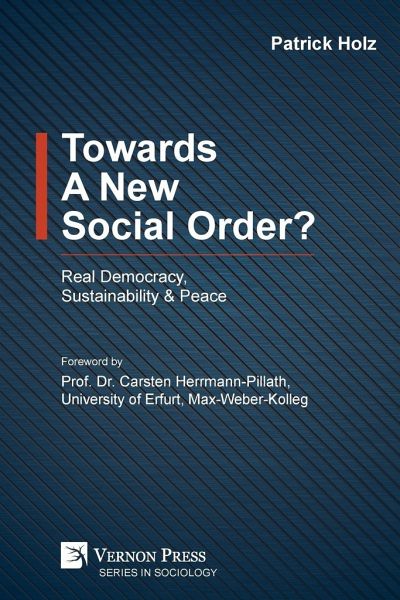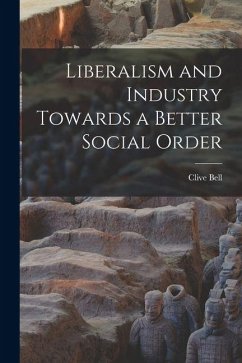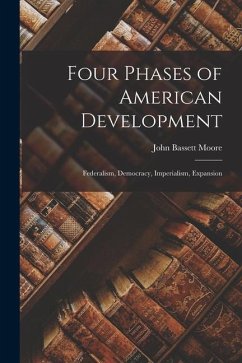
Towards A New Social Order? Real Democracy, Sustainability & Peace
Versandkostenfrei!
Versandfertig in 1-2 Wochen
58,99 €
inkl. MwSt.
Weitere Ausgaben:

PAYBACK Punkte
29 °P sammeln!
This contribution argues that a long-established social order has been in place since the first stratified societies in the Near Middle East which unavoidably comes with substantial economic, political and environmental repercussions. Part I of the book dissects the various facets of this order, which is termed the social dominance paradigm, while in Part II a fundamentally different order, the peace paradigm, is introduced. The latter rests on real democracy (in the Athenian sense), sustainability and peace. As such, both paradigms function as vehicles for further analysis and research while ...
This contribution argues that a long-established social order has been in place since the first stratified societies in the Near Middle East which unavoidably comes with substantial economic, political and environmental repercussions. Part I of the book dissects the various facets of this order, which is termed the social dominance paradigm, while in Part II a fundamentally different order, the peace paradigm, is introduced. The latter rests on real democracy (in the Athenian sense), sustainability and peace. As such, both paradigms function as vehicles for further analysis and research while the peace paradigm also provides a rough plan for the implementation of transformational change. Typically, political, economic, social, and environmental research seeks to increase specialized knowledge. Here, however, the overall intent is to utilize interdisciplinary evidence and connect the dots between a number defining features within seemingly modern societies. The argument is that these are, in fact, not modern at all but follow an ancient template of power, control, and coordination concentrated in the hands of the few. Potentially, this contribution can function as a trans-disciplinary methodological framework as well as an information hub for researchers in the fields of political and social sciences, history, anthropology, evolutionary biology, organization and peace studies. Practitioners who are interested in fundamental social change may also find the issues raised to be of interest. As such, this book provides a generalist, evidence-based discussion of a multi-disciplinary nature that may pique the interest of both experts and amateurs alike.













